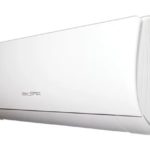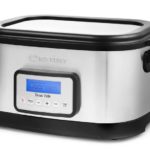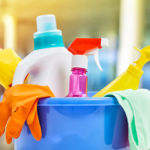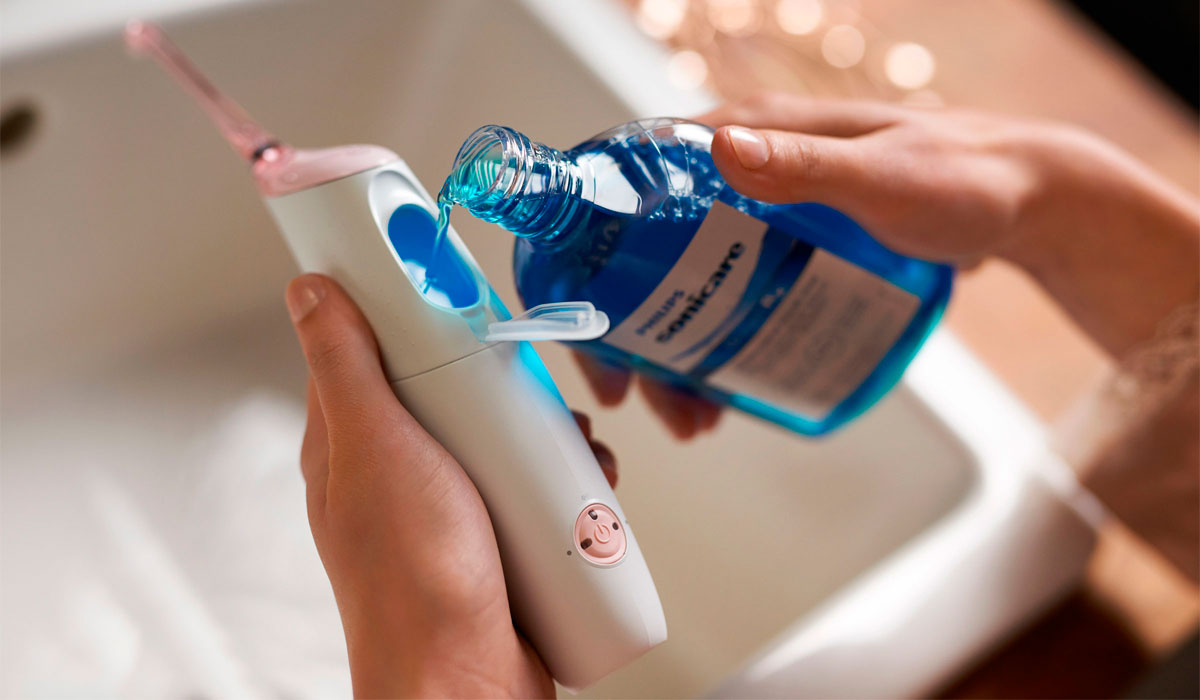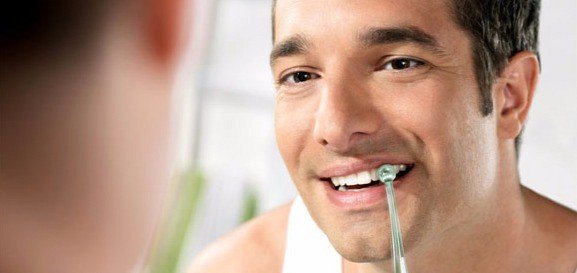Is it possible to add rinse aid to the irrigator? Expert answer
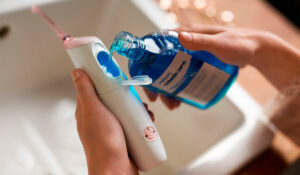
prom.ua
Have you purchased a water irrigator and want to experiment, but don’t know what you can add to the water irrigator? This article is for you. Read on - what can be added to the irrigator so as not to break it, what to do if you run out of the product, how to choose the right product for the irrigator.
An irrigator is a device for cleaning teeth from plaque. The cleaning process occurs by exposing the teeth to a stream of water or other liquid. Used in dentistry, medicine and home use. The irrigator has a working head through which a stream is supplied, a reservoir for liquid, a handle, and may additionally have a hose. The liquid is pumped inside the device and sprayed out with controlled pressure. If you have sensitive gums, you can change the pressure and flow rate. The irrigator is used for disinfection of the oral cavity before/after oral surgery, prevention, removal of plaque from teeth, stopping the development of caries, pathological diseases and for other medical purposes. The device affects all teeth, gums, tongue, interdental space, key points.
Water or other liquid is poured into a special reservoir of the device, which is then applied to the teeth. The question is what can be poured into this reservoir so as not to break the irrigator.
Tap water. Let's say right away that you can add tap water to the irrigator, but before that you need to clean it - boil it to get rid of microorganisms / other contaminants, and cool it so as not to damage the components of the device.
Rinse aid.Yes, you can also add rinse aid to the irrigator. The device will work in the same way as with water, if it is a factory product. If the liquid was made independently, then you need to filter it before pouring it into the irrigator. Otherwise, you can damage the oral cavity or clog the device, causing it to fail. For user safety, it is recommended to dilute highly concentrated mouth rinses with water.
Chlorhexidine. No, you cannot pour chlorhexidine in its pure form into the irrigator. Too high a concentration will chemically burn the mouth and affect the user's health. Chlorhexidine is available in many medical irrigators at safe concentrations.
Professional means. Typically, the irrigator is filled with either filtered water or professional medical products - balms, liquids for irrigators. They have medicinal properties. They contain fluorine, calcium, minerals and more, and some also contain low concentrations of chlorhexidine. To safely use these liquids, you need to make a solution from them - mix them with water in a certain proportion. The proportion is indicated on the packaging or instructions for the product. The most concentrated professional liquids for irrigators should be diluted 1 to 10, where 10 is the water coefficient.
The liquid in the irrigator has run out, what should I do? The irrigator delivers a stream of liquid to the oral cavity. If there is no liquid, there will be no jet. That is, if the liquid in the irrigator runs out, you need to refill it. Classic cleaning from plaque - filtered water; specialized cleaning is a suitable remedy; disinfection, prevention or deodorization – a certain liquid. The product can be bought in a regular store, pharmacy or ordered online.As a last resort, you can make the irrigator yourself; there are three recipes for this:
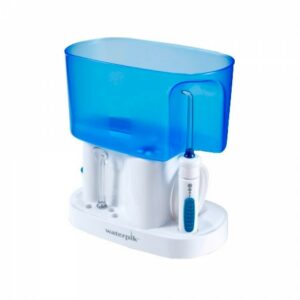
prom.ua
- Soda with water. An effective and popular homemade irrigator liquid recipe. Eliminates germs and bacteria from gums and tooth surfaces. How to prepare: add 2 dessert spoons of soda to 300 milliliters of filtered warm water, stir the solution. Add to the irrigator, start the device.
- Table salt with water. A highly effective remedy for combating harmful bacteria and viruses in the oral cavity. Cannot be used on a regular basis - prolonged exposure to sodium chloride destroys/weakens tooth enamel. To prepare such a solution, you need to mix one teaspoon of table salt per cup (250 milliliters) of boiled water and stir.
- Hydrogen peroxide with water. Powerful highly concentrated antiseptic liquid. Eliminates most microorganisms in the mouth. Prepared by mixing three caps of 3 percent alcohol with 200-250 milliliters of water (one cup).
How to choose a liquid for an irrigator. To choose a liquid for an irrigator, you need to proceed from your situation. Prescribed by a dentist / teeth hurt - you need professional remedies, use balms or disinfectants for prevention, if you want to get rid of bad breath - balms and deodorizing liquids are suitable.
The best manufacturers of irrigator fluids are Waterdent, Donfeel, Peridex, Albadent and Irix.

